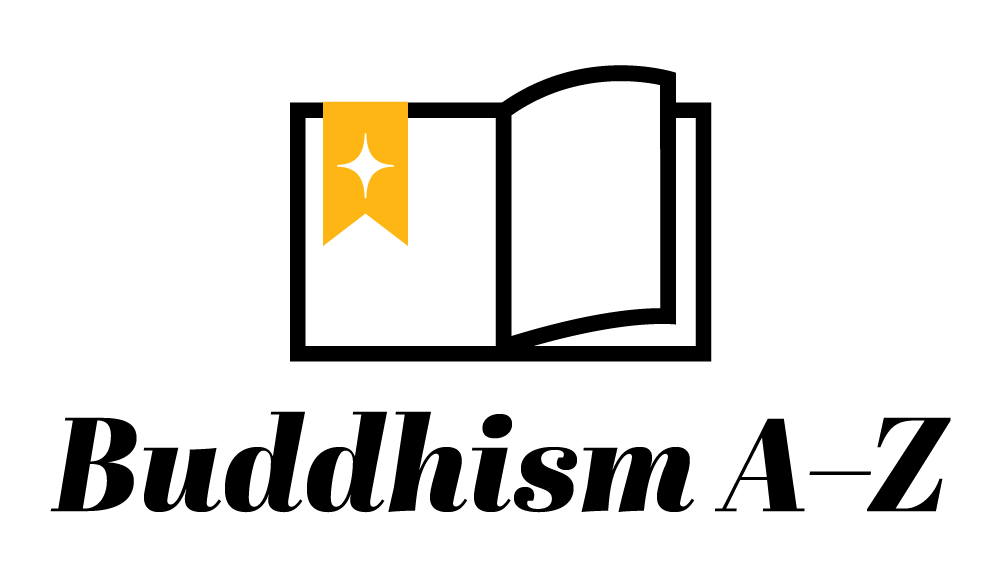Given the Buddhist teaching of anatta, no self, it may seem strange to speak of self-compassion. Yet the Buddha often spoke of compassion for all beings, without exception. That includes us.
Further, self-compassion provides a strong foundation for practice by enabling self-trust and emotional stability. The American Theravada monk and author Thanissaro Bhikkhu has written that his Western students “tend to be afflicted more with a certain grimness and lack of self-esteem than any Asians I have ever taught.” Their psyches are so wounded, he continued, that they lack the resilience and persistence needed for insight practices.
“Only if the mind is free of wounds and scars can it settle down comfortably and freely in the present and give rise to undistorted discernment.” The first step in healing is acknowledging our wounds.
Beware Spiritual Bypassing and Toxic Positivity
“Spiritual bypassing” is a term coined in the 1980s by psychotherapist John Welwood. Welwood defined spiritual bypassing as a “tendency to use spiritual ideas and practices to sidestep or avoid facing unresolved emotional issues, psychological wounds, and unfinished developmental tasks.” The bypassing may seem to work for a while, but eventually, the avoided issues reassert themselves.
In his book Nothing Is Hidden (Wisdom Publications, 2013), Soto Zen teacher and psychoanalyst Barry Magid wrote that even people with deep spiritual insight can be stuck in harmful behavior in their personal lives. This happens when insights are isolated into a kind of bubble and not integrated into one’s everyday life and relationships. This results in a superficial spiritual self that is cut off from the emotional self.
A related syndrome is toxic positivity, which is a form of emotional mismanagement. Toxic positivity happens with people who believe they must bury their emotional pain under positive thinking and forced cheerfulness. Anger, pain, and unhappiness are suppressed and denied. The eventual result may be a big crash into burnout and depression. It’s important to be honest with ourselves about ourselves.
Radical Acceptance
In psychology, radical acceptance is acknowledging and honoring difficult situations and emotions. In Buddhism, this is sometimes called “accepting things as they are,” which doesn’t mean one must be complacent. It means addressing what needs to be addressed without blame, denial, or self-judgment.
This brings us back to self-compassion. Accepting ourselves with compassion and kindness means letting go of the blame and baggage. Buddhist tools for self-compassion include metta meditation, an exercise which begins by offering loving-kindness, to ourselves. It may also be helpful to talk about difficult situations with a therapist or support group.
Buddhism encourages individuals to care for others. But taking care of others requires taking care of ourselves. By treating oneself with kindness and understanding, we can work through emotional wounds and develop healthier relationships with ourselves and others. And our practice will be grounded in honesty, stability, and fearlessness.
Buddhism A–Z
Explore essential Buddhist terms, concepts, and traditions.

